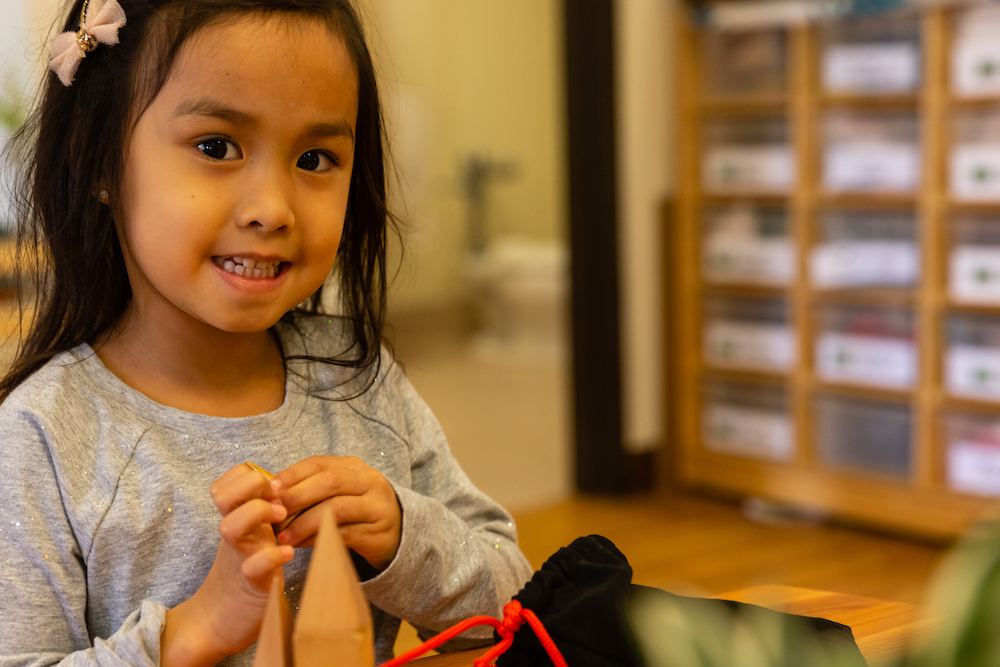(858) 759-0631
Mythology v The Montessori Method: Five parental misconceptions on raising successful adults
Raising a successful adult starts by building an independent child.
How can parents create a motivated, confident and independent child?
When raising successful adults, should we clear away all obstacles, oversee every element of their lives and pressure them to achieve academic perfection?
No!
Our job is to step back, let them fail, watch them get back up, get it right, assume responsibility and focus on what’s next. This system is called the Montessori Method.
Sadly, some parents have myths and misconceptions about how to raise a successful adult. So, here are five tips on what we should consider doing—and not doing—today while they’re young.
Mythology vs The Montessori Method
Myth #1: Success in school predicts success in life.
By pulling strings, parents who get their kids into top schools will make their kids successful regardless of their skill sets.
Montessori Methodology: Success in school is just one indicator of what it takes to build a successful adult. Skills like independence, motivation, confidence and a love of learning are built into Montessori toddler, primary, kindergarten, and elementary private school programs via individualized lessons of how and why things work.
Myth #2: Kids who follow their passions in art, music, drama, and dance won’t earn a living.
Instead, parents should guide their children toward science, technology, engineering and math (STEM) coursework because there’s no monetary future in the arts.
Montessori Methodology: Students are encouraged to follow their passions by their teachers as tools towards their total growth. Forcing your child to study curricula he or she doesn’t like will create a schism going forward. A Montessori school builds whole adults who are defined by more than their job and money.
Myth #3: Kids will turn out better when parents help them.
Parents who overmanage their children save them from hurt and heartbreak.
Montessori Methodology: Kids turn out better when they learn to do things for themselves and take responsibility for their actions early on.
Myth #4: Children should grow up without adversity.
Shielding children from parental sickness, job loss and divorce helps kids retain their innocence.
Montessori Methodology: To grow and thrive in the real world, children need to deal with adversity and learn to bounce back in new, positive ways going forward.
Only through adversity can children achieve resiliency!
When would you rather your child learn ‘hard challenges and life lessons’--at age four or at age fourteen? Experiencing lessons erly on and talking about it is a better alternative than asking your kids to cope and process as young teens in high school. Shielding does not work as a life skill.
Myth #5: You can spot and pick the leaders early.
Montessori Methodology: Children do not all grow and blossom at the same time and at the same speed. They are individuals from their earliest days. So, some will bloom early, and some will bloom late. As teachers, our job is to find the passions in your children and let them build on that in a joyful way without other students bullying yours.
Summary
Raising successful adults begins by building positive foundations with young children. At Lifetime Montessori School in San Diego, we seek to foster their growth by letting children learn how to manage themselves under our supervision. Thus, we create an independent child. What is a successful parent? One who understands that myth should not override the natural, inherent skills you’ve already given your children--and those they will follow as they grow. So, let them go and let them grow! They’ll turn out for the good.

